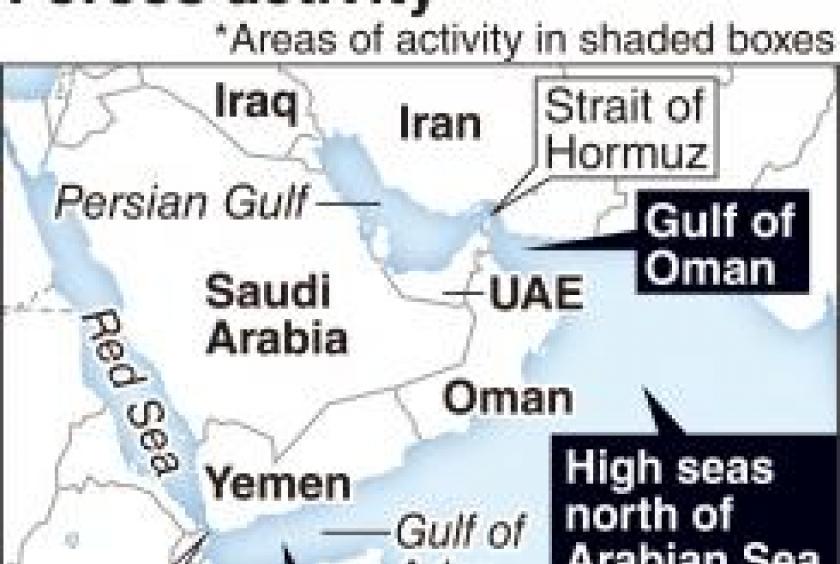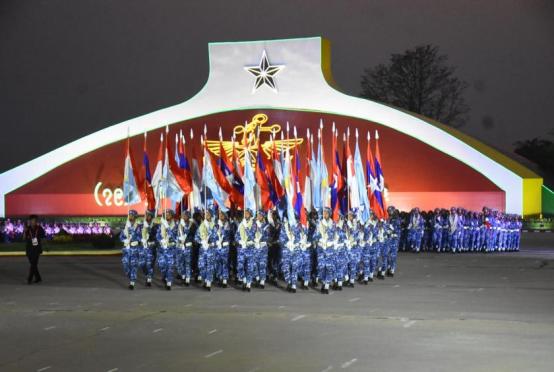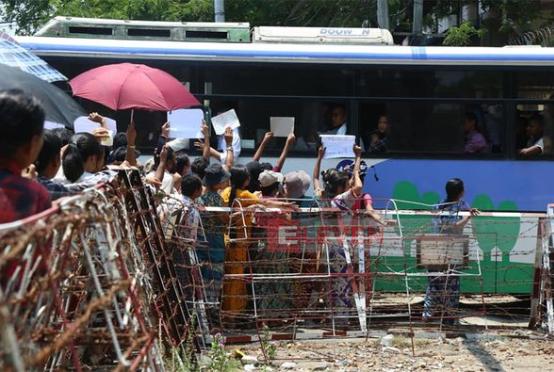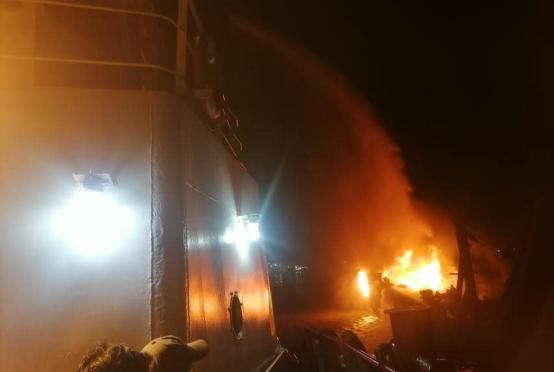by News Desk
TOKYO (The Japan News/ANN) - The government decided to launch a detailed study to prepare for independently dispatching a Maritime Self-Defence Force unit to the Middle East to collect information on securing the safety of sea lanes in the region.
The government on Friday decided to launch a detailed study to prepare for independently dispatching a Maritime Self-Defense Force unit to the Middle East to collect information on securing the safety of sea lanes in the region.
The decision was made at a National Security Council meeting of four ministers held at the Prime Minister’s Office on the same day. The government is making preparations to dispatch an MSDF destroyer by the end of this year.
“Japan will take independent measures to ensure peace and stability in the Middle East region and the safety of ships related to our country,” Chief Cabinet Secretary Yoshihide Suga said at a press conference on Friday.
Japan will not participate in a U.S.-proposed “maritime security initiative” that aims to protect ships in the Strait of Hormuz, he said.
Based on that decision, Suga also said, “The government will consider the possibility of dispatching vessels and using units for antipiracy operations as ‘new assets.’”
The legal grounds for such operations are based on a provision on survey and research activities in the Defense Ministry Establishment Law, he said.
An MSDF unit will likely be dispatched mainly to the Gulf of Oman, which is connected to the Strait of Hormuz, the high seas in the northern part of the Arabian Sea and the high seas east of the Bab el-Mandeb Strait off Yemen, Suga said. He did not mention the Strait of Hormuz itself.
In principle, the unit planned for dispatch will not escort Japan-related vessels because “the situation does not require immediate protection of such ships,” Suga explained.
However, he also said the government would consider “further measures necessary to ensure the safety of the ships.” The government is expected to consider issuing maritime patrol operations to protect the vessels, if necessary.
The MSDF currently has one destroyer and two P-3C patrol aircraft dispatched in operations to crack down on pirates in the Gulf of Aden off Somalia. In addition to sending a destroyer, the government is considering using a P-3C plane, which is currently operating in the Gulf of Aden.
In the Strait of Hormuz and surrounding waters, U.S. President Donald Trump said in June that countries “should be protecting their own ships.” In late July, the U.S. government asked Japan to join the U.S.-led maritime security initiative.
However, Japan has maintained good relations with Iran, with Prime Minister Shinzo Abe visiting the country in June. After a meeting with Trump in New York in September, Abe said, “Japan’s unique steering [through this situation] is required.”
Decision based on Trump summits
More than 80 percent of the crude oil imported by Japan passes through the Strait of Hormuz, and a tanker operated by a Japanese shipping company was attacked off the coast of Oman in June, prompting a senior Foreign Ministry source to say, “[Japan] can’t help but do something.”
Japan sent officials to a meeting at which the U.S. State Department and U.S. Forces explained the initiative, to find out what the United States really wants. The government then decided that the United States would not take issue if Japan presented its own plan to send destroyers and other vessels to the area, even if Japan did not participate in the initiative to escort tankers. This decision was reached because U.S. President Donald Trump had barely mentioned the plan at Japan-U.S. summits in August and September, and because there has been no recurrence of attacks on Japanese vessels.
However, the government does plan to provide information obtained by the Self-Defense Forces to the United States, thereby indirectly contributing to the initiative.
The government also decided not to take part in the U.S. plan because it places importance on maintaining friendly relations with Iran over the long-term.
At a press conference, Suga said that the purpose of the MSDF dispatch is to gather information and that he has kept the timing of the dispatch obscure. He did not directly refer to the Strait of Hormuz, saying only “the Gulf of Oman.” This is apparently aimed at not provoking Iran.
A source related to the Japanese government said, “If the situation calms down and there is no need for an MSDF destroyer in the future, it is best not to dispatch one.”
















